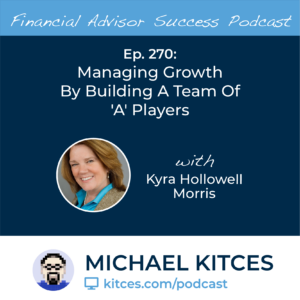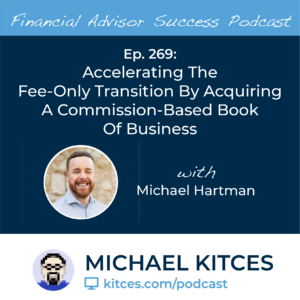Enjoy the current installment of “Weekend Reading For Financial Planners” - this week’s edition kicks off with the news that, in response to Russia’s invasion of Ukraine, the United States and the European Union are preparing sanctions on the Russian central bank, which could cause a severe financial shock to the Russian economy… and raises concerns about how the impact of sanctions could ripple back to US investors. But while the war in Ukraine has created a major geopolitical shock (and a humanitarian crisis), historical data show that similar events in the past have not necessarily caused a major decline in the U.S. stock market (at least, not for any sustained period of time).
Also in industry news this week:
- Despite ‘SECURE Act 2.0’ stalling in Congress, another potential bill has emerged that would enhance consumer protections and options in workplace retirement plans
- While the Biden administration will not halt the upcoming overhaul to the Department of Labor Fiduciary Rule, a pending proposal likely would increase the number of financial professionals who must provide a fiduciary standard of care when providing investment recommendations for 401(k), individual retirement accounts, and other plans
From there, we have several articles on financial advisory industry trends:
- A recent study shows that the vast majority of advisors who outsource their investment management are happy with their decision
- Why the uptake of model portfolios has stalled out among advisors who are still predominantly focused on making portfolio construction their own value proposition instead
- How firms are increasingly trying to expand the number of services they offer to attract clients in a world where more and more advisors are converging on the assets-under-management model
We also have a number of articles on cash flow and budgeting:
- How a new database that ranks colleges based on their return on investment can help advisors and their clients determine which college is likely to pay off financially for a given student
- How saving on big items (e.g., cars and houses) is important, but spending prudently on the ‘small’ stuff still matters, or it can add up and undermine the big savings
- The wide range of ways couples can organize their finances, from a shared household account and separate guilt-free side accounts for spending, to simply splitting every couple’s expenses down the middle to pay from their own assets
We wrap up with three final articles, all about when and how to say ‘no’:
- Why the decision on whether to say ‘yes’ or ‘no’ to opportunities can depend on what stage of life an individual is experiencing (and how problems emerge when we start out saying ‘yes’ to everything and fail to realize when it’s time to start saying ‘no’ more often)
- How saying ‘no’ to some prospective clients can actually increase a firm’s efficiency and profitability
- How using a ‘positive no’ can make saying 'no' a better experience for both the individual saying 'no' and the person who made the offer
Enjoy the ‘light’ reading!

 Welcome back to the 270th episode of the Financial Advisor Success Podcast!
Welcome back to the 270th episode of the Financial Advisor Success Podcast! Welcome back to the 269th episode of the Financial Advisor Success Podcast!
Welcome back to the 269th episode of the Financial Advisor Success Podcast!
